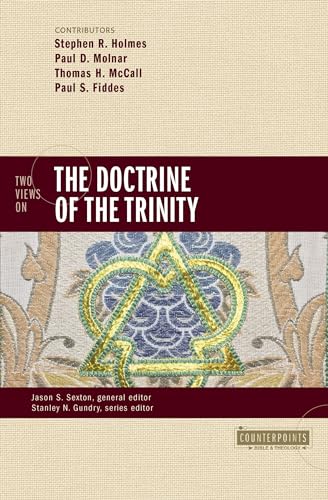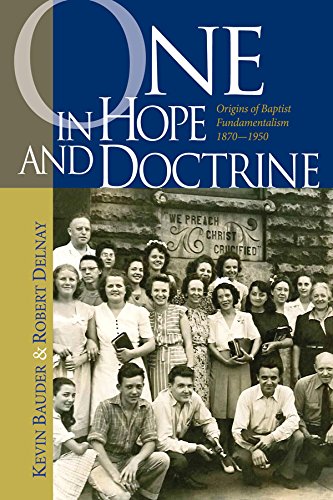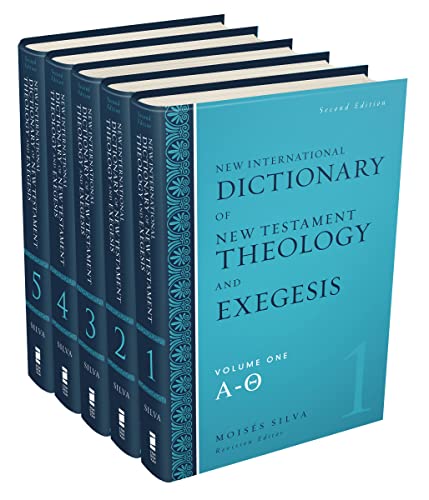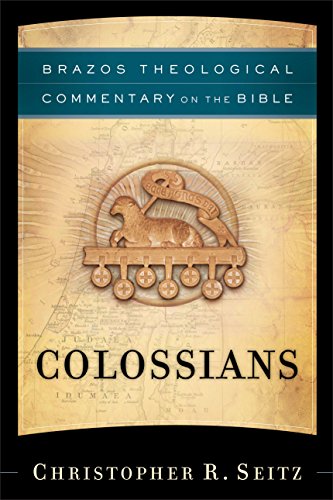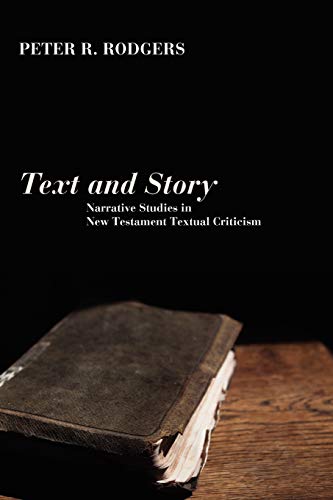Finding God in Solitude: The Personal Piety of Jonathan Edwards (1703–1758) and Its Influence on His Pastoral Ministry
Written by Donald S. Whitney Reviewed By Kyle StrobelThere is an increasing interesting in Puritan spirituality and spiritual practice, with a particular emphasis on Jonathan Edwards. This volume is the fourth in as many years dealing with Edwards’s spirituality/Christian life, and it attempts to uniquely place Edwards’s piety in relation to his life and ministry. Whitney’s approach is primarily historical, but not solely so, having modern questions concerning spiritual disciplines at the forefront of his interest (although, it is unclear how these interests relate methodologically to his project). This volume is Whitney’s reworked dissertation, although it does not read like it. The footnotes are short, as is the volume itself, and it is an easy read.
After establishing some introductory issues, this book develops in three movements. First, Whitney walks through Edwards’s biography. This section is uneventful. Second, being the main thrust of the argument, Whitney develops an account of Edwards’s “personal piety” (as opposed to corporate piety). The development of this analysis culminates in a short engagement with questions concerning Edwards and mysticism. Last, Whitney again turns to biography, now focusing on how his development of Edwards’s piety links with his practice of pastoral ministry. Whereas others have developed an account of Edwards’s spiritual practices and his pastoral ministry, Whitney uniquely puts them in conversation. He follows this analysis with a conclusion, where he compares his work in relation to a small handful of other Edwards scholars.
This book is hard to characterize, because while the focus is on Edwards’s biography, it is not a biography. Furthermore, it is hard to claim that it is a volume on spiritual formation or spirituality, because Edwards’s theology of these things is never developed. Rather, what is developed is the practices of various disciplines, but Edwards’s own understanding of formation is not engaged on a deep level. Furthermore, and this is perhaps the most important point, Whitney’s assumptions and agenda are ultimately fatal for the project. I do not use “fatal” loosely, but take it at face value. His argument ultimately falls apart because he never bothers to argue for the foundation for his entire project. I call this an “agenda” because Whitney has a horse in this race, known for his work on spiritual disciplines, a term not used by Edwards. Rather than developing a notion of means of grace from within Edwards’s theology, or simply turning to one of the Edwards scholars who have, he wields his own modern understanding of the term and reads Edwards though it.
Whitney’s assertions concerning spiritual disciplines are outlined in his introduction. There, Whitney creates an account of “spiritual disciplines” without any insight from Edward’s work. For a project focused on an historical analysis, this is odd indeed. Furthermore, using his own understanding of these things, Whitney simply asserts that spiritual disciplines are limited to “biblical practices,” which he defines as “practices taught by command, example, or principle in the Bible.” Edwards would have only recognized such Biblicism in heretical groups. Edwards’s chief heretical opponents were Biblicists, and in Edwards’s day, this sort of Biblicism is what led to anti-trinitarianism, Arianism, etc. It is hard to link the assumptions here with Edwards claim, “I am not afraid to say twenty things about the Trinity which the Scripture never said” (Works 13:257); Whitney’s assumptions reveal his, not Edwards’s, views. This assumption was most evidenced in a lengthy footnote struggling to show that “family worship” was biblical on Whitney’s definition (p. 9n30), a discipline he clearly desires to include in his definition.
In contrast, Edwards existed in a thought-world that understood theology as a mode of wisdom, and embraced a tradition that read the text theologically. Edwards was not interested in simply repeating what was said, but coming to know God and form a life in devotion to him in a “biblical” manner (understanding “biblical” to be broader than a mere repeating of the biblical text). Whitney’s attempt to fit Edwards into his modern assumptions makes for a reductionistic and ultimately superficial analysis of Edwards’s spirituality. For instance, as an example of its superficiality, Whitney makes the bold claim that there is a “high degree of consistency” over two millennia of Christians practicing the disciplines, but does not offer any evidence for this claim. For such a foundational claim in an academic text it is a profound lacuna that it is not substantiated. It is also ambiguous what the claim means. He goes on to add that the disciplines were practiced in “very similar ways” in the ancient church as eighteenth-century Massachusetts, but it is unclear if the similarity was simply what practices were done, how they were done, or if it included the theology behind the practice. The claims here seem historically naïve and theologically superficial.
Ultimately, Whitney’s presuppositions undermine the usefulness of this volume. What is found is not a depiction of Jonathan Edwards’s piety, but Edwards’s piety as looked through an anachronistic lens; or, at times, the somewhat random attempt to put Edwards in conversation with modern spiritual formation figures. I, for one, am excited to see scholars putting Edwards in conversation with these figures, but there must be a deeper theological analysis concerning what each party is saying to make the comparison worthwhile. That is simply not found here.
Kyle Strobel
Kyle Strobel
Talbot School of Theology
La Miranda, California, USA
Other Articles in this Issue
The account of Abraham's near-sacrifice of Isaac has been and will likely continue to be violently applied so long as the dominant misunderstanding of the text prevails...
In recent years, a growing cadre of younger historians has begun publishing significant books on the history of American evangelicalism...
Romans 4 remains a central text in the debate over the New Perspective on Paul...
Within the intra-Reformed debate over baptism, covenant theology is a crucial aspect in determining one's position...
‘Fathers of Faith, My Fathers Now!’: On Abraham, Covenant, and the Theology of Paedobaptism
by David GibsonThe figure of Abraham creates a covenantal framework for biblical theology that allows baptism to be considered in relation to the Bible's developing story line...



